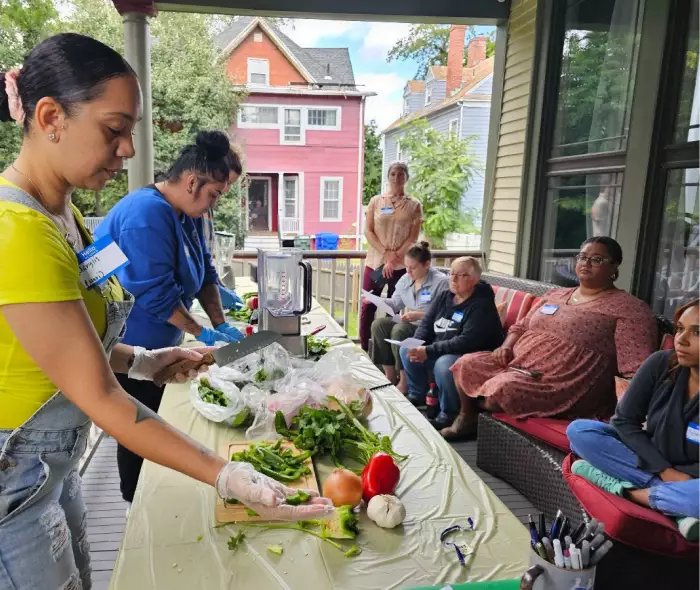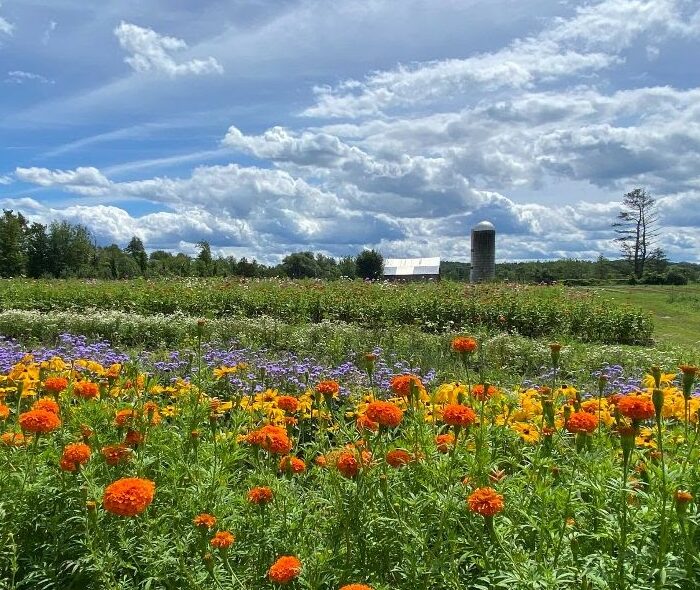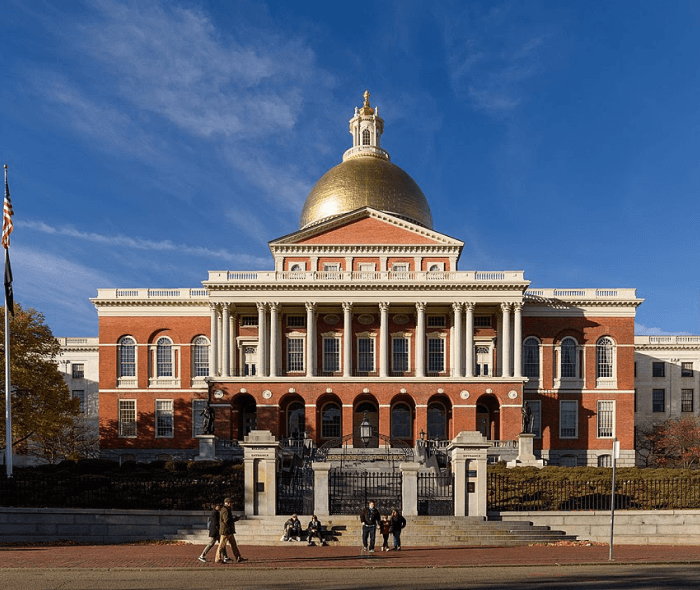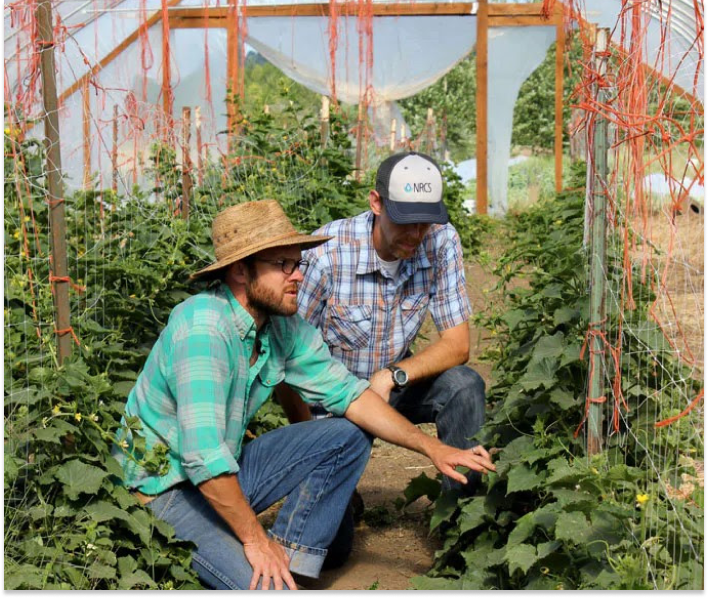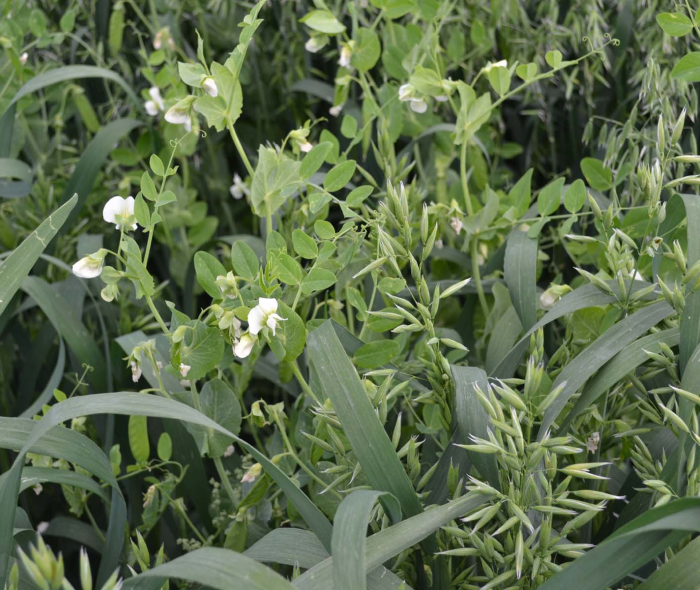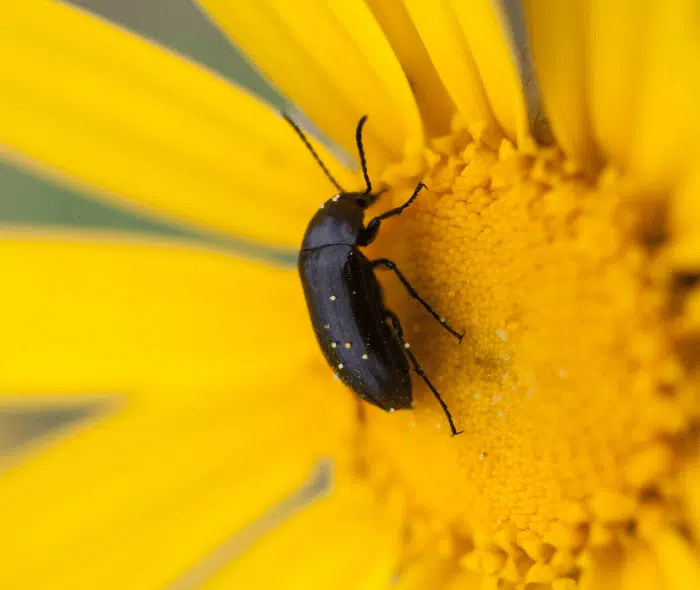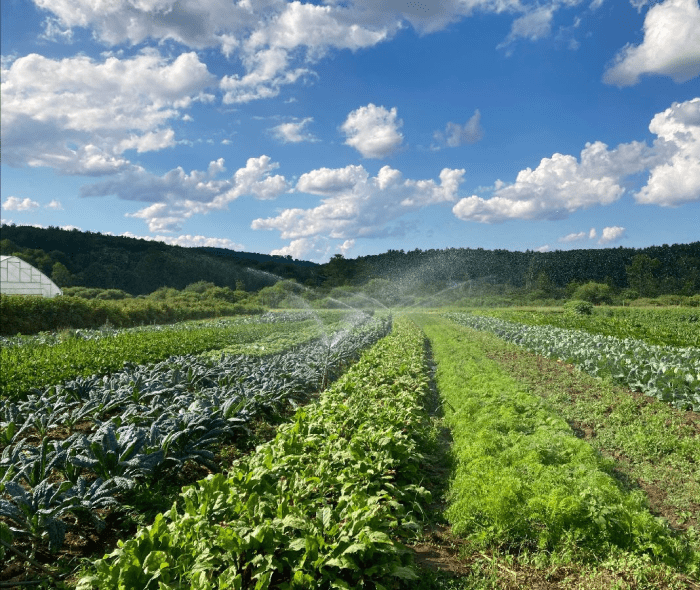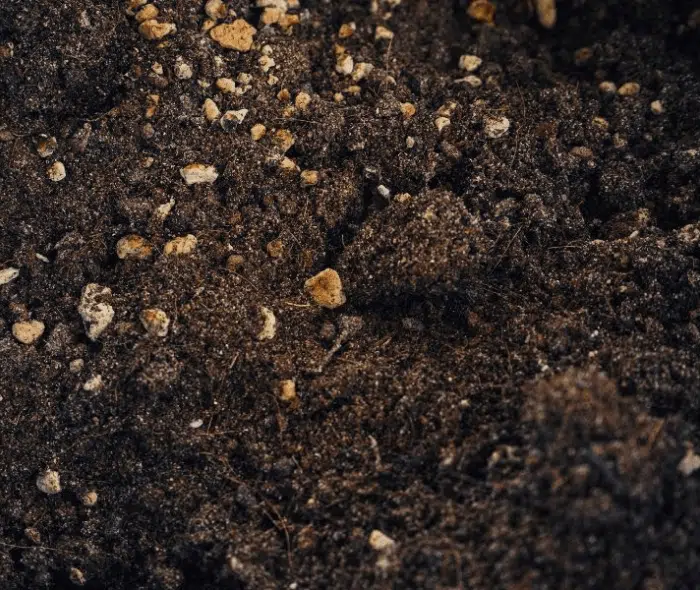With your contribution, we can continue building and growing these programs for the present, and the future
Donations of $10 or more qualify for NOFA/Mass Membership
Programs at NOFA/Mass
Current Programs
Agroforestry at NOFA/Mass (MDAR)
Partnering with Regenerative Design Group and a cohort of 6 farmers, NOFA/Mass is helping to bring awareness to and increase the efficacy of the agroforestry market in Massachusetts and the Northeast at large. Agroforestry is an amazing climate solution, growing a diversity of foods and other materials that regenerate our landscapes…and our health!
Beginning Farmer Program
Partnering with the Pocasset Pokanoket Land Trust (PPLT) to support beginning farmers in Massachusetts, with funding from the Beginning Farmer and Rancher Development Program (BFRDP). Our shared focus is supporting BIPOC beginning farmers in their work building food sovereignty and sustainable livelihoods for all through expanded Soil Health, Farm Finance, Grant Writing, and Technical Assistance.
Bulk Order
Worked closely with long-time Bulk Order vendors, including Fedco Seeds and Progressive Grower, to design a special offer for our supporters! The benefits include product and/or shipping discounts, a broader array of products offered at a discount, and shipment directly to you.
Food Access
We believe that organic growing can take place everywhere and assist all populations in accessing healthy food. Our Food Access program strives to assist communities of color struggling with structural racism; health disparities, few or poorly functioning supermarkets, and poverty. Together we work to grow healthy food through organic growing education, support for community gardens and partnering with local organizations to use urban gardening to increase food access.
Organic Certification
NOFA/Mass offers consulting for those who need help with their application for organic certification for crops, livestock, poultry, eggs, wild crops, mushrooms, sprouts, processed product and cranberries.
Organic Landcare
Twelve years ago, a group of landscape professionals, scientists, educators and concerned citizens formed the NOFA Organic Land Care Committee to extend the vision and principles of organic agriculture to the care of landscapes. The Committee drafted the first organic land care standards in the United States and offered the first organic land care accreditation course. Today, NOFA’s Standards for Land Care: Practices for Design and Maintenance of Ecological Landscapes is revised annually by NOFA’s Organic Land Care Committee, and forms the basis of the curriculum for NOFA’s 5-day Course in Organic Land Care.
Policy & Advocacy
NOFA/Mass advocates for sustainable agricultural policies that strengthen the resilience of our local communities. While primarily an educational organization, our policy team works on issues as diverse as organic standards, food system transparency, and regulations that support sustainable farms.
Raw Milk Network
Buying fresh, unpasteurized milk from a local farm is good for your family’s health, good for the farm and good for the environment. NOFA/Mass is working to make safe, healthy raw milk easily available in Massachusetts.
Soil Health Technical Assistance
NOFA/Mass is a majority farmer-run organization and our staff and board have a wide range of experience and skills in soil health and fertility, organic production and certification, and best practices around potentially contaminated soils. We offer affordable technical assistance including soil lab analysis and inputs recommendations, soil health assessment, organic certification, and custom technical support.
Transition to Organic Partnership (TOPP)
NOFA/Mass is proud to be a core partner in the Transition to Organic Partnership Program, helping to connect farmers who are looking to certify organic with mentors, create community building activities, provide technical assistance resources, support the organic work force through training and education, help producers overcome technical, cultural, and financial shifts during and after organic certification, and help promote diversity, equity, and inclusion in the organic sector.
On Hold
Suspended due to Federal Funding Cuts
The changes in Federal Funding have put a pause on this program.
We need you more than ever to keep our programs running! If you are able, consider making a donation to become a member today.
Donations of $10 or more qualify for NOFA/Mass Membership
Climate-Smart Farming & Marketing Program (Pasa)
The Climate-Smart Farming & Marketing program offers financial and technical support for farmers who want to implement climate-smart practices such as agroforestry, cover cropping, prescribed grazing, and reduced tillage. Farmer participants will help measure the environmental benefits of these practices, and we’ll help them educate customers to grow informed consumer demand.
Past Programs
Massachusetts Pollinator Network (MAPN)
We are excited to announce the transition of the Massachusetts Pollinator Network (MAPN) to its new home at Grow Native Massachusetts (GNMA).
Over the past four years, NOFA/Mass has provided essential support and a nurturing environment for MAPN to establish and grow its programs. We all look forward to continuing collaborative efforts, including native plant programming, pesticide reduction advocacy, and participation in annual conferences.
NRCS Conservation Innovation Grant
This project supports the development of a learning community of northeast organic farmers who are integrating reduced and no-till methods currently on their farms, maps out what they are already doing and how it is working, defines what it currently means to be reduced/no-till in the northeast right now, and encourages further innovation, development, and education around these techniques to the wider farming community. The ultimate focus and goal of our investigation is to refine and educate about organic tillage reduction method.
Soil Carbon Restoration
Learn what farming methods will return carbon to the soil — and keep it there — for healthier crops, more resilient farms, and less extreme weather. We have developed accessible and well-crafted resources that make plain the potential of this hopeful approach in addressing climate change, including a video, white paper, resource list, action steps, and more.
Soil Compaction Project (MDAR)
Our project, funded with FY2020 Specialty Crop Block Grant Program funds from the Massachusetts Department of Agricultural Resources (MDAR), is dedicated to accelerating soil health through compaction mitigation. This resource booklet serves as a comprehensive guide to the project’s objectives, methods, and outcomes.





